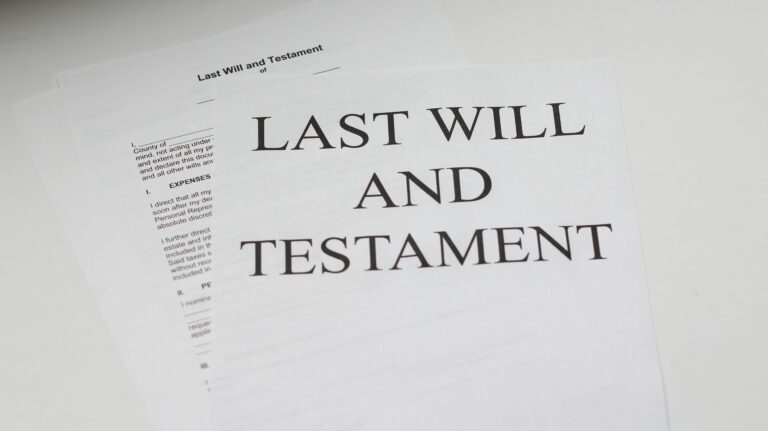
Why Do I Need a Will?
Perhaps getting hit by a cement truck is too blunt for some, but unexpected things happen all the time. An estate plan, including a will and other important documents, is good preparation, especially for caregivers of people with special needs. A recent article from Forbes titled “Where There is a Will, There is a Way” explains the steps everyone, especially caregivers, need to follow.
Creating a last will and testament
This is the foundation of an estate plan. Without a will, the court will distribute assets to children equally. If a disabled person receiving government benefits receives an inheritance, they will become ineligible and lose access to services. The court will also assign guardianship to minors or disabled individuals, if there is no will. A will, in tandem with proper estate planning, ensures protection for an individual with special needs, including naming a guardian of your choice.
Having a General Durable Power of Attorney for Finances
A POA allows you to name a person you trust to manage finances, real estate property, investments, or any aspect of your life, if you become incapacitated. A POA should be created for your needs, so you may decide in advance what you do and do not want your agent to be able to do for you.
Creating a Durable Power of Attorney for Healthcare
This important legal document, paired with a HIPAA release form, allows someone of your choice to take charge of your healthcare, talk with healthcare providers and make decisions based on your expressed wishes. You may name more than one person for this role but doing so could make it harder if the two people don’t agree on your care.
Naming a Guardian
This is a critical step if you are a caretaker for a person who will likely be unable to manage their own affairs, even after attaining legal age. By naming a guardian in your will, you can select the people who will be in charge of your special needs family member or minor children. Without a guardian named in your will, the courts will make this decision.
Drafting a “Letter of Intent”
A letter of intent is a guide with important information only you know. It is especially important for caretakers. Explaining in detail your disabled individual’s preferences can make a huge difference in the quality of their lives when you are no longer available. What are their likes and likes, what people do they enjoy spending time with and what foods do they prefer, etc. If your children are minors, this letter is an opportunity to describe your preferences for how they should be raised, including religious preferences, vocational choices and even nighttime rituals.
Providing Financial Security
If your family includes a loved one with Special Needs, you can protect their ability to have funds for things not covered by government benefits through a Special Needs Trust. Your estate planning attorney will create an SNT with a trustee and a secondary trustee to oversee the funds and ensure that they are used for qualified expenses.
Reference: Forbes (July 6, 2022) “Where There is a Will, There is a Way,”









